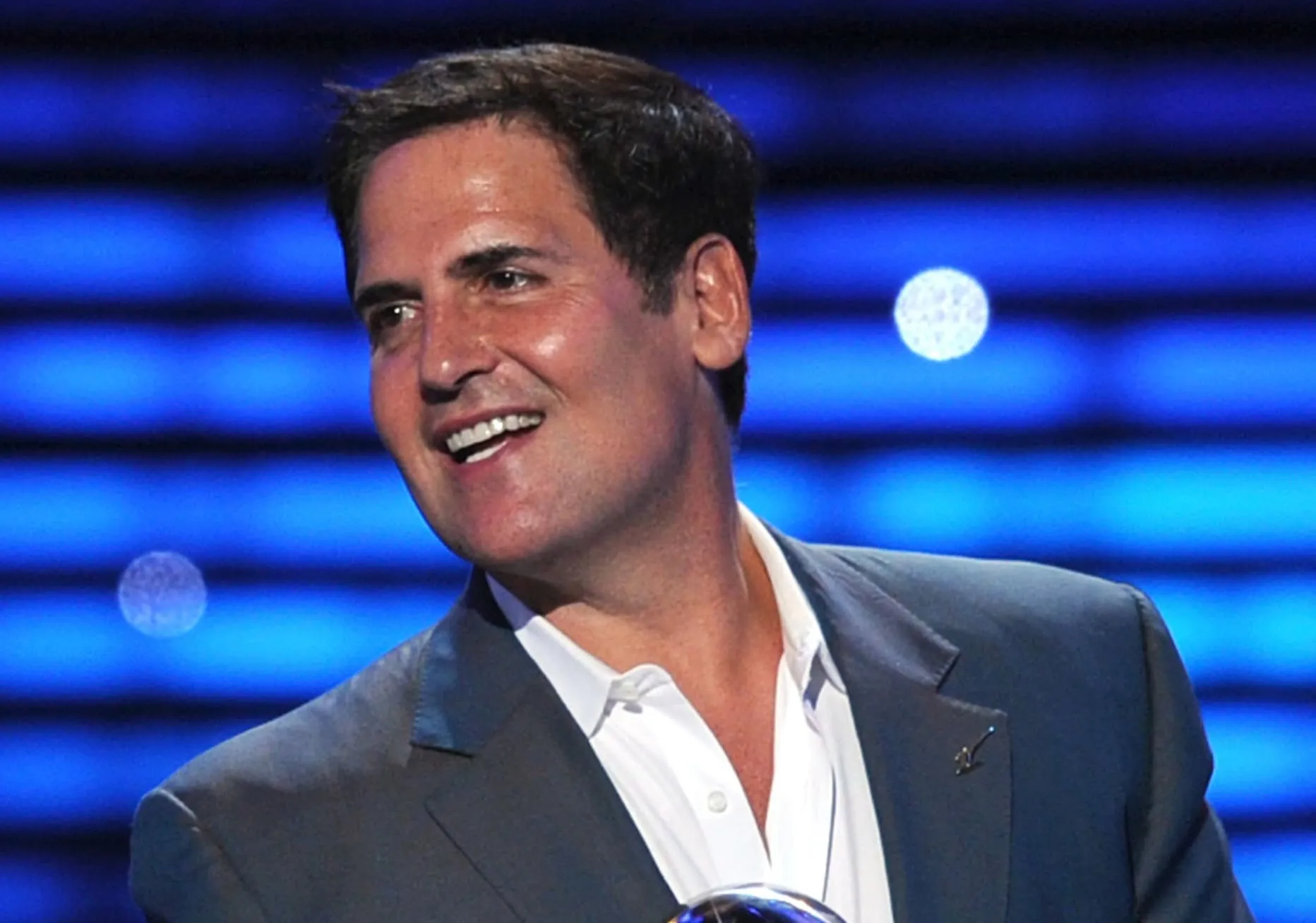In a bold move that has caused a stir in both the business world and the political sphere, billionaire entrepreneur Mark Cuban has announced that he will move his company from Texas to California. Cuban, known for owning the Dallas Mavericks and for his role as an investor in “Shark Tank,” said the decision was due to his frustrations with the political climate in Texas. He said, “I can’t breathe in Republican states,” indicating growing disillusionment with the conservative policies that dominate many Republican-led states.

This change marks a significant shift for Cuban, who has long been associated with Texas, both in his business and personal life. For years, Texas has been a hub for tech companies, startups, and entrepreneurs due to its business-friendly environment, lower taxes, and lack of a state income tax. However, Cuban’s decision to leave reflects the growing polarization in the United States and the challenges faced by business owners who find themselves at odds with the political landscape of the states in which they operate.
Cuban’s frustration with the political environment in Texas is not new. In recent years, Cuban has been an outspoken critic of the state’s leaders, particularly when it comes to issues such as voting rights, abortion access, and COVID-19-related policies. As the political divide in the country deepens, Cuban has increasingly openly expressed his belief that certain states, especially those controlled by conservative governments, are becoming less receptive to progressive ideas and values.
In a recent statement, Cuban explained that his decision to move his company to California is not only due to political issues, but also to the possibility of fostering a work environment that aligns with his values. “California offers a more progressive and inclusive environment where I feel my business can really thrive,” he said. Cuban went on to emphasize that he believes companies need to create environments that allow employees to feel safe and supported, especially on issues related to social justice, equality, and environmental sustainability, issues that have become hot topics in recent years.
Cuban’s announcement comes at a time when many entrepreneurs are grappling with the growing divide between liberal and conservative ideologies in the United States. For years, Texas was a beacon for entrepreneurs looking to escape the higher taxes and stricter regulations of liberal states like California. Cuban’s decision, however, highlights a shift in priorities: Some business leaders now place more importance on social and political issues when choosing where to set up their businesses.

California, long known for its progressive policies, has come under fire in recent years for its high taxes and regulations, which some say create a complicated environment for businesses. However, Cuban seems to believe that the social climate in California is more conducive to his personal and professional values, making it a more attractive place for his company’s future.
The move also has implications for the tech industry and startups in general. Many Silicon Valley companies, which have been based in California for decades, are already beginning to relocate or expand into more business-friendly states, such as Texas. Cuban’s decision to make the reverse shift signals a shift in priorities for some business leaders, who are increasingly concerned about issues such as voting rights, gender equality and climate change. It also reflects the growing influence of social justice movements, which have gained momentum in recent years and are now affecting how businesses operate and where they decide to set up.
Cuban’s comments about “not breathing” in Republican states also shed light on the growing tension between the business community and the political establishment. As the divide between conservative and liberal states becomes more pronounced, business owners find themselves caught in the middle of a political tug-of-war. Some entrepreneurs feel compelled to take a stand on issues that matter to them, using their businesses as platforms for social and political change, while others may feel forced to navigate political waters more carefully to avoid alienating customers or employees.
Critics of Cuban’s decision argue that his decision may alienate potential customers who do not share his progressive views. Texas, with its more conservative policies, has long been considered a business-friendly state, and some fear Cuban’s departure will have a ripple effect on other companies operating in the state. On the other hand, Cuban’s supporters argue that his decision is a courageous stance in defense of his beliefs and that it reflects the changing priorities of the modern business world.

All in all, Mark Cuban’s decision to move his company from Texas to California is symbolic of the growing influence of politics in the business world. As the United States becomes increasingly divided along political lines, business leaders are faced with difficult decisions about where to set up their operations and how to navigate the complex intersection between politics and business. For Cuban, the decision was clear: A company that aligns with its values and beliefs will be better positioned for long-term success, and that means finding a home in a state that embraces progressive ideals.
While the full impact of Cuban’s decision remains to be seen, it is clear that this shift will have a lasting impact on the conversation around business, politics, and the role of corporations in shaping society. As more and more entrepreneurs like Cuban begin to prioritize social and political issues in their business decisions, the landscape of American business may change in ways we are only beginning to understand. It remains to be seen whether other high-profile business leaders will follow Cuban’s lead, but his decision is undoubtedly a sign of the times, as the boundaries between business, politics, and social activism continue to blur.

